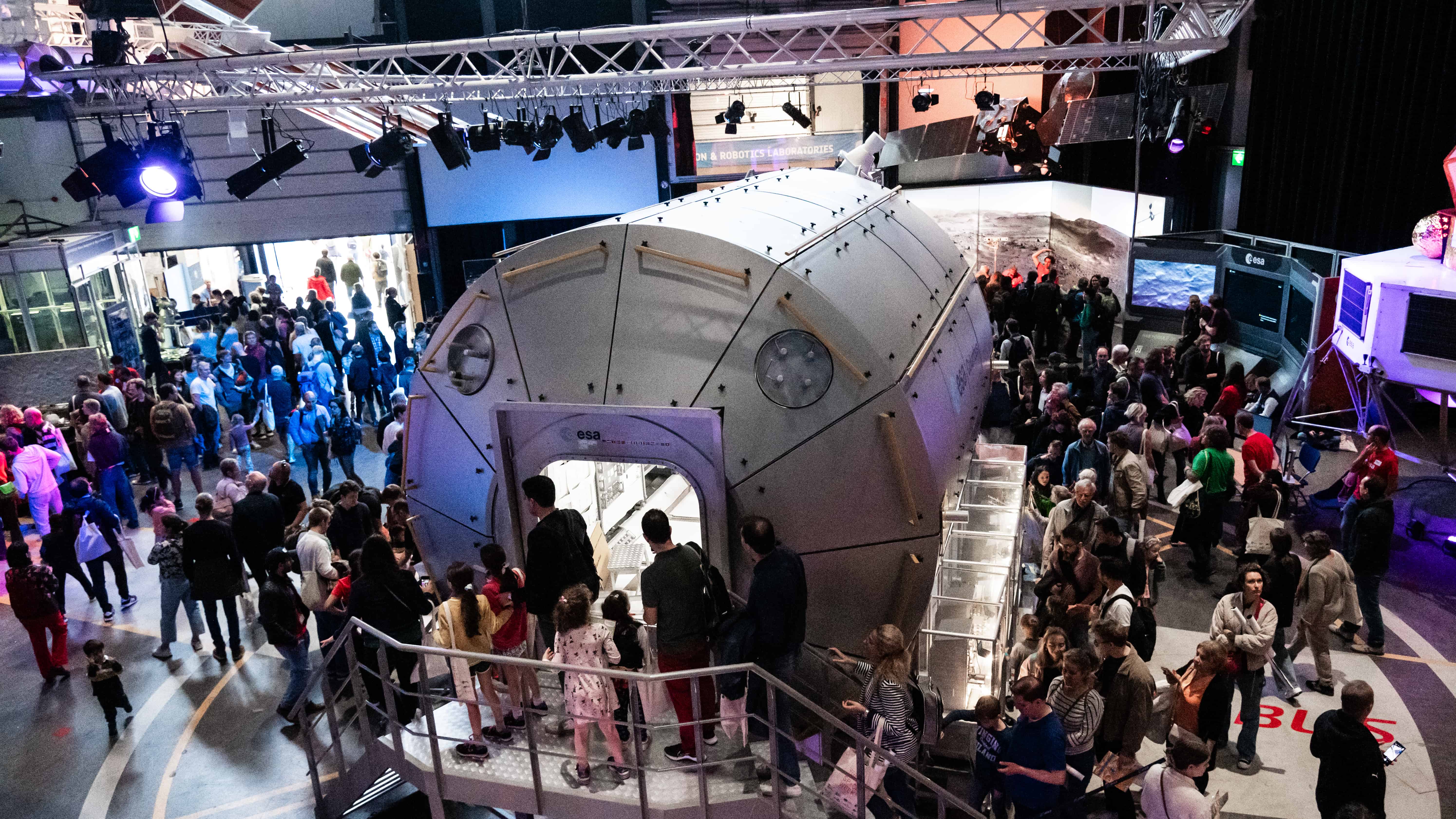
At the Brainport Industries Campus (BIC), as part of the Smart Industry campaign, a field lab has been set up to develop a secure environment for business-sensitive data such as product drawings. This Smart Connected Suppliers Network is led by Brainport Industries.
This field lab builds on the German founded initiative International Data Space (IDS), led by the German research institute Fraunhofer. TNO, the Dutch counterpart of Fraunhofer, focuses on defining the architecture and standardization. “The initiative fits perfectly with the European idea of free movement of people, goods and services”, says TNO’s Managing Director Industry Arnold Stokking in his column for Innovation Origins. “We are now adding to these European values the free movement of data, but securely and without losing sovereignty. The latter means that the person generating the data always remains the owner. The EU also has a nice geographical size to use this method, after all, there are a lot of supplies moving between the member states.”
The system will have an open character and can ‘plug in’ with various software platforms and, where necessary, with large cloud solutions. Stokking: “It is not conceivable to start all over again in ICT. And it is not difficult to realise that this method of working can also be useful in other areas of application, such as healthcare and patient records, for example. In my opinion, countless parties can benefit greatly from this project, but we can also learn from other sectors.” According to Stokking, this puts the field lab at the forefront in Europe. “This also shows that within Brainport Eindhoven we are working on groundbreaking and innovative solutions in a future-proof manner.”
IDS ultimately wants to strengthen supply chains through positive use of data. “We need to gain a competitive advantage with it. Data communication is so incredibly important because it lies at the basis of many developments of the digital revolution. If we do not make good data exchange possible, we also limit the opportunities for other important developments such as artificial intelligence and machine learning.”







